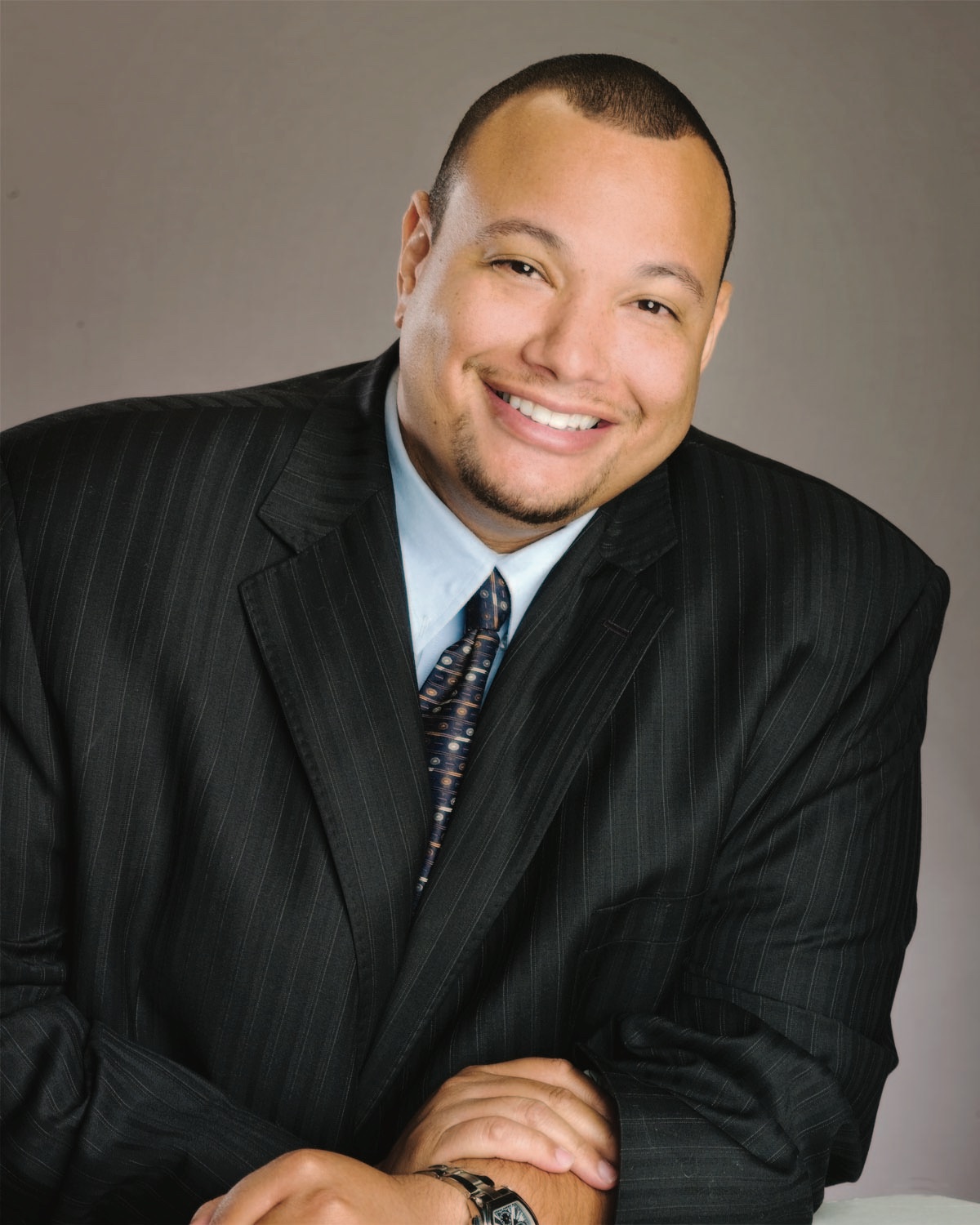(Chicago Sun-Times) Is the African-American “Dream” as espoused by Dr. Martin Luther King Jr. and others attainable? Where are and who are today’s African-American leaders? What’s the purpose of having a racial/community vision of empowerment if there are no new leaders to “keep hope alive”? Where are today’s DuBoises and Washingtons?
This summer marked the 100-year anniversary of the “Niagara Movement,” which was the forerunner to the National Association for the Advancement of Colored People. The Niagara Movement was founded in July 1905 by 29 distinguished black businessmen led by W.E.B. DuBois, a father of pan-Africanism, who came to be known as one of the most renowned intellectuals and activists of the 20th century. The meeting took place on the Canadian side of Niagara Falls. The purpose of the movement was, among other things, to counter the popular “accommodationist” political ideology and activities of Booker T. Washington, a conservative proponent of agrarianism and the most influential Southern black American of his time.
Washington had deep apathy for black intellectuals such as DuBois and argued, “Not all knowledge is power.” He believed that blacks should seek independence through economic empowerment rather than advocate for political rights and emphasized agricultural work, small business and land ownership. He believed in a practical, moralistic education for blacks, not in the attainment of abstract knowledge and rights.
On the other hand, DuBois’ Niagara Movement advocated for the realization of full citizenship for blacks. The movement campaigned for black equality and argued that black empowerment could only be achieved through the acquisition of full civil and political rights, and thus sought to dismantle the racist institutions of white supremacy, beginning with Jim Crow segregation. The prevailing political conditions only allowed the movement to last for five years; however, the paradigm of activism it imparted led DuBois and others to found the NAACP.
The greatness of DuBois’ and Washington’s approaches to empowerment was not the philosophies themselves but rather the national debates that they engendered. Discord between Washington’s focus on economic and agricultural empowerment and DuBois’ fixation on the attainment of civil and political rights still plagues black America.
From the penitentiary to the pulpit and from the ballpark to the boardroom, African Americans have yet to craft a paradigm of empowerment that strikes a balance between the political and economic. Since enslavement, black men and women of courage and vision have fought against America’s racist socio-political order, and in doing so have saved the moral conscience of the country.
They persevered in hateful, brutal and repressive environments because of their deep conviction and belief in freedom and in the potential greatness of the United States. Successive generations of blacks rode the waves of the Niagara Movement through to the civil rights era of the late 1950s, 1960s and 1970s. All Americans of every race, creed, religion and political affiliation have benefitted from these waves. Yet, today, “black America” lacks the great leaders that lived in the early 20th century. Where are today’s Ida B. Wells Barnetts and Mary McLeod Bethunes?
Black America’s leadership gap is wider today than at any other time in African-American history. African-American leaders of local and national stature have failed to train, support and market new leadership. Even black America’s most influential leaders have fallen victim to the “crabs in a barrel” phenomenon. They have purposely and systematically failed to prepare new leadership for fear of creating competitors in the marketplace of leadership.
At a time when African Americans are disproportionately dying from HIV/AIDS, poverty, obesity, cancer, sickle-cell anemia, heart disease, diabetes, hypertension and the gamut of mental illnesses, notwithstanding the harsh impacts of the justice system and prison industrial complex on black existence, African-American leadership, both current and future, are not only invisible but literally dying. Who will continue the legacy of selfless advocacy for the greater good? Perhaps there is no longer any need for the “we shall overcome generation” since “getting paid” has become the new civil right. What would DuBois and Washington think about the current state of black America? Would they not consider today’s leaders light sleepers rather than visionary dreamers? Would they not be pained by the current state of black America?

